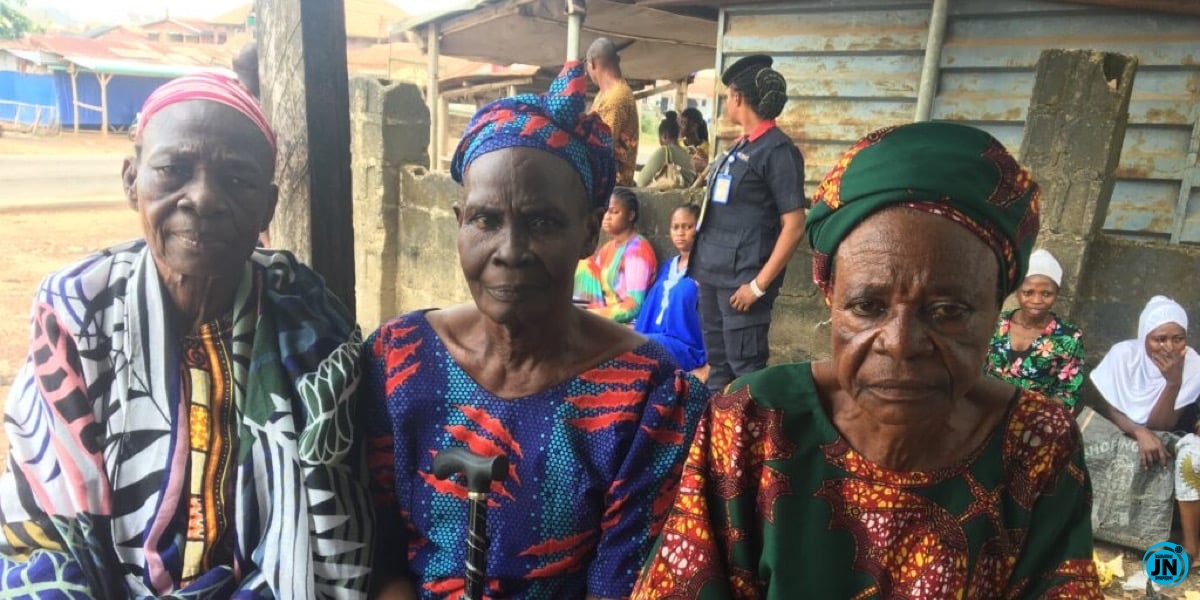
A Presiding Officer, Miss Angela Oshogwe, at the ongoing governorship election in Ondo State, has revealed that the Bio-modal Voter Accreditation System (BVAS) machine failed to capture the faces of several elderly voters. This issue has raised concerns among both voters and electoral stakeholders regarding the smooth conduct of the election process in some areas.
Oshogwe, stationed at Polling Unit 19, Ward 11, Olamojuba, Ondo in Ondo West Local Government Area of the state, stated that she promptly reported the issue to the relevant authorities. She added that the feedback she received indicated that the problem was not isolated to her polling unit, as similar complaints had been recorded in other areas.
She further noted that the elderly voters affected by the malfunction had been waiting for an extended period to cast their votes, expressing their frustration and disappointment over the situation. Oshogwe, however, expressed optimism that the BVAS would function properly before the close of voting, allowing all eligible voters to exercise their civic rights.
Reacting to the incident, Rotimi Oyekanmi, the Chief Press Secretary to the INEC Chairman, acknowledged the development, stating that the commission was aware of the technical challenges reported in “very limited” polling units. He reassured the public that efforts had been made to address the issue and that the BVAS machines were generally performing satisfactorily across the state.
“We are aware that in very limited cases, a few elderly voters couldn’t be accredited by the BVAS at the first attempt. However, in subsequent attempts, the issue was resolved,” Oyekanmi said. He emphasized that the concerns raised by a single Presiding Officer in one polling unit out of the 3,933 polling units in Ondo State could not be used to generalize the performance of the BVAS machines statewide.
Oyekanmi further stated, “From the reports at our disposal, so far, the BVAS is performing satisfactorily. It is not unusual for technical issues to occur in a major off-season election like the one we are conducting today. We anticipated such challenges and made adequate arrangements to address them promptly.”
Despite these reassurances, some elderly voters expressed their disappointment over their inability to vote. A septuagenarian, Mrs. Agnes Olapade, lamented that she had been at the polling unit since 8:00 a.m. but could not vote due to the BVAS malfunction. According to her, she had participated in previous elections without encountering such difficulties and was disheartened by the current experience.
Similarly, Mrs. Rukayat Olawoye, an 87-year-old voter, shared her frustration, stating that she came out specifically to vote but was disappointed by the technical glitches with the BVAS. She expressed hope that the issue would be resolved to allow her and others to cast their votes.
Another septuagenarian, Mrs. Ronke Fayankimi, remarked that she and other affected voters would continue to wait patiently, hoping that the BVAS would eventually capture their faces and allow them to vote. The elderly voters’ resilience highlights their commitment to participating in the democratic process despite the challenges faced during the exercise.

